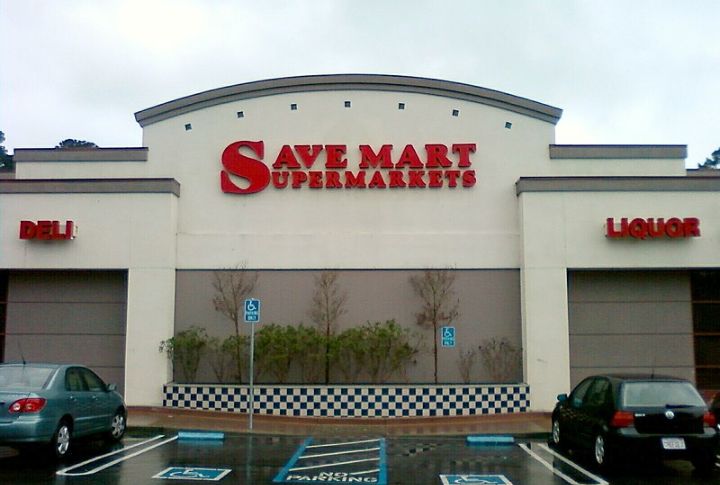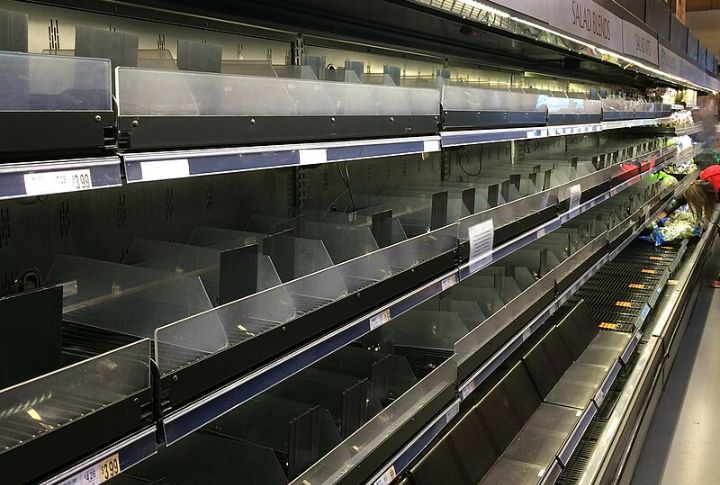News
FDA Sounds Alarm On Eggs Sold Across Major Grocery Chains

The August Egg Company issued a wide recall in coordination with the FDA, impacting grocery chains across nine states. Affected products may still be in refrigerators nationwide. If you’ve recently bought organic brown eggs, here’s what to know—and how to make sure your household stays safe.
Which States Are Affected By The Egg Recall

The recall includes both small local markets and large national chains across nine states, including California, Washington, Nevada, Arizona, Wyoming, New Mexico, Nebraska, Indiana, and Illinois. It’s likely many shoppers didn’t even know their eggs came from out-of-state distributors.
How Many Eggs Are Affected?

The recalled eggs, shipped between February 3 and June 4, are approximately 1.7 million brown, cage-free organic eggs. For context, that’s enough for omelets in an entire city. To confirm, check if your egg cover cartons have plant codes P-6562 or CA5330 and Julian Dates 032–126.
The Stores That Sold The Recalled Eggs

Reports indicate that the company shipped the affected eggs to Save Mart, FoodMaxx, Lucky, Smart & Final, Safeway, Raley’s, Food 4 Less, Ralphs, and Walmart in the nine cities. However, there is also a significant possibility that they ended up in unnamed farmers’ markets.
Here’s What The August Egg Company Said In Its Statement

On June 6, August Egg Company issued a voluntary recall due to Salmonella Enteritidis concerns. They advised consumers to return eggs for a refund and announced an investigation, along with immediate steps like diverting affected products to a pasteurizing facility.
What You Need To Know About Salmonella Enteritidis

This strain is the leading cause of egg-related foodborne illness in the US because the bacteria reside within a chicken’s reproductive tract and infect eggs before the shell forms. Children under five and older adults should get extra attention because they’re more vulnerable. Thankfully, it rarely leads to prolonged hospitalization or death.
Why Organic Eggs Aren’t Immune To Contamination

Most people generally consider organic eggs as “cleaner,” but that’s a myth when it comes to pathogens. Instead, organic labels focus on feed and humane care, not bacterial control. As mentioned earlier, Salmonella infects the egg before shell formation. So, both methods face the same threats.
Watch Out For These Salmonella Symptoms

Individuals with Salmonella can experience symptoms such as fever, stomach cramps, diarrhea, or vomiting. Some cases can remain mild and go unnoticed, while others require medical attention. The bacteria sometimes enter the bloodstream and cause serious complications, such as endocarditis and arthritis. Whatever you do, avoid dehydration.
How Long Salmonella Symptoms Take To Show

Salmonella doesn’t always strike fast. Most symptoms appear within 6 to 72 hours after eating contaminated food, but in rare cases, it can take up to a week. Some people shrug it off as the flu and recover despite the misdiagnosis. Others may struggle, especially people with weaker immune systems.
What Shoppers Should Do

The FDA urges shoppers to discard or return any affected products. Consumers should also clean their refrigerators, shelves, drawers, and any other areas where they store the recalled eggs. If you’ve already eaten them, see a doctor and call the company’s Customer Service (800-710-2554) for inquiries.
Previous Recalls Linked To Similar Contamination

It’s not the first major egg scare for American residents. In 2010, a Salmonella outbreak caused the FDA to recall over 550 million eggs, affecting 1,900 people across 14 states. Likewise, in 2018, a North Carolina farm recalled 200 million eggs involving the same Salmonella strain. Hopefully, these events will spark stricter regulations.

